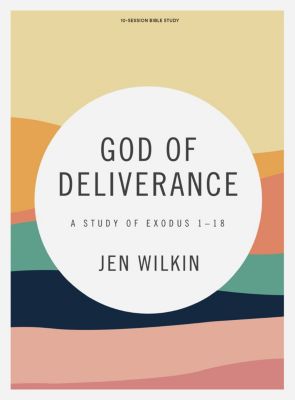Churches often prioritize building community in their congregation over educating the doctrine and theology of their congregation. In this video, author and Bible teacher, Jen Wilkin, explains why it’s important to teach theology and some steps churches can take to begin educating their people.
The entire video is above, and the complete transcript is below.
Theological education is at a really interesting place right now. There’s a lot of pressure, financial pressure, for anyone who attends a seminary. So it is becoming increasingly necessary that the Church take on the responsibility of educating its people theologically. I actually think it’s a really exciting time in the life of the church because I believe convictionally that theological education belongs in the local church. It should be accessible to the everyday member.
So what can the local church do to sort of create environments where our people, the average person sitting in the pews, are able to learn doctrine, where they’re able to learn theology, and also where they’re able to grow in Bible literacy?
I think you need to have structure. You need to have rooms that are designated as learning environments. This is one of the things that has often fallen by the wayside in church today.
We have a lot of places where we can build community and we have a lot of places where we can have a feelings-level discussion of an application-driven set of questions, but we’ve lost dedicated learning environments in many churches today. And I think it’s critical that we restore them at this particular place in time.
When churches set aside environments that are specifically geared toward teaching people doctrine and theology and Bible literacy, they can help them along the path.
And then, I also like to think in terms of the everyday person who learns typically around an eighth grade reading level. And I don’t say that to talk down about those people. It’s just that we should, as church people, as leaders in the church, be able to articulate deep truths in the simplest of terms so that everyone has access to them.
So when churches think about choosing curriculum, they need to be thinking in terms of what’s the scope of what we want to accomplish, what is the sequence of how we’re going to teach these things to our people, and also, what’s the tone and the level at which we will communicate them.
If you are the education director at your church or if you’re someone who has an interest in teaching, if you think along these lines and look for good resources that are accessible and presented in a structured manner, in an environment that is dedicated to learning, you will be a great service to your people.


